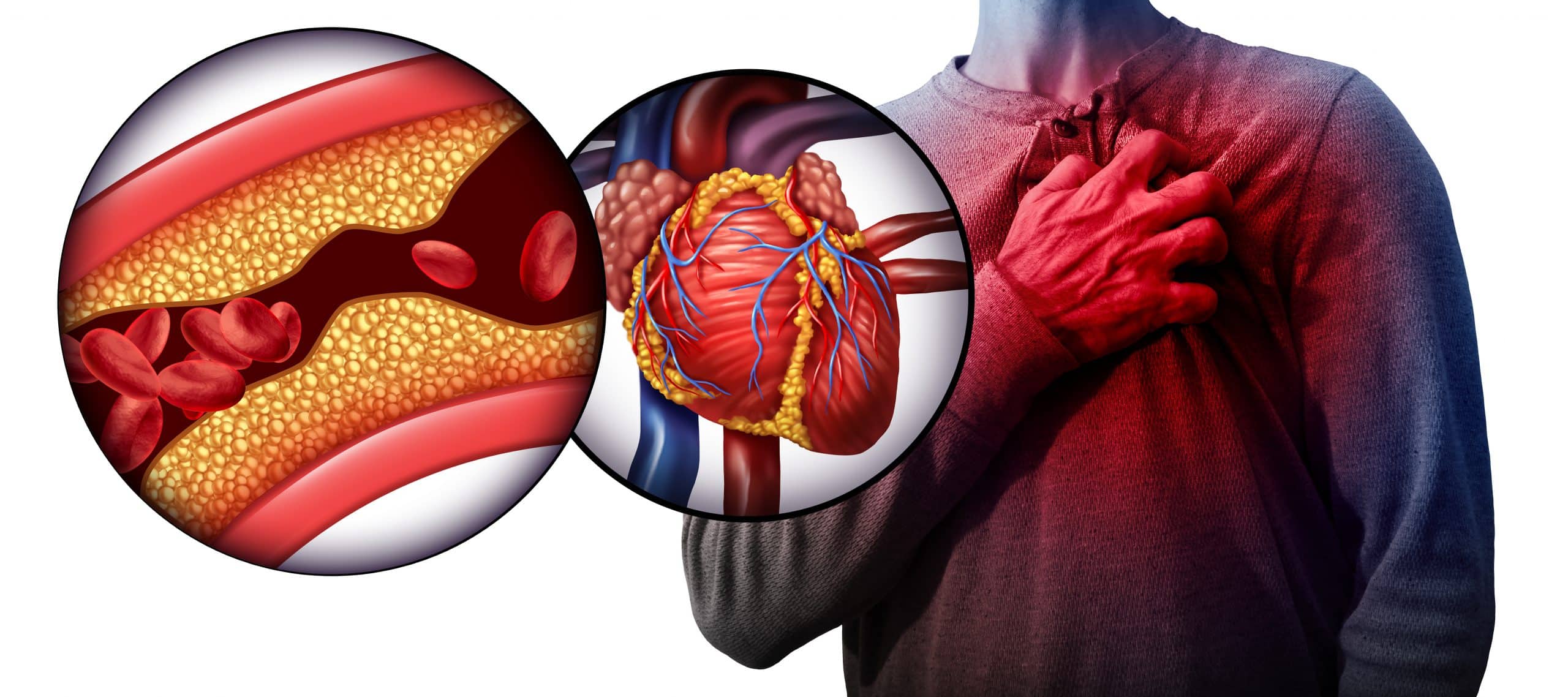03/30/2020
Can Your Smartwatch Detect Atrial Fibrillation?
Smartwatches have become a popular device that pairs with your phone to notify you of messages, phone calls, and more. While smartwatches have become an extension of your phone, they can also be a great tool for heart health monitoring and detecting heart problems. Most popular smartwatches on the market offer a heart rate monitor function, which has been primarily used by fitness enthusiasts for tracking their activity levels during a workout or overall health throughout the day.
Tracking heart rate is a great way to chart your own personal metabolic rate and allows you to compare your rate of exertion to other members of your age group, giving you a great indicator of your heart health. Heart rate monitoring can be a fun metric to track, but it’s also one of the cardiologist’s primary tools for assessing whether your health is functioning properly.
What Your Heartbeat Says About Your Health
You can check your heart rate by pressing a hand against the wrist, which checks the flow of blood in the radial artery, or by pressing a hand against the neck, which checks the carotid artery. Physicians often use an Electrocardiogram (ECG/EKG) to interpret a patient’s heart rhythm. An EKG offers information that can tell your doctor four things:
- Is your heartbeat is irregular?
- Is your heart enlarged?
- Is your heart getting enough oxygen?
- Have you had a heart attack in the past?

How Smartwatches Detect Heart Rate
Smartwatches track heart rate in a similar way as checking the pulse, but without the use of physical pressure. Popular brands such as Apple Watch, Samsung, and Fitbit Sense use photoplethysmography to detect a heartbeat. This is the process of projecting a green light on the skin, which gets absorbed by the blood. More green light being reflected is related to lower blood flow, which indicates that the heart is in-between beats.
Can a Smartwatch Detect Afib?
While smartwatches are not as complex as an ECG, new studies have shown that they may be capable of detecting one of the same health issues that an ECG can. An ECG records electrical signals from your heartbeat to help determine how your heart is functioning. Many of the smartwatches on the market now have ECG technology. An ECG smartwatch is designed to measure how well your heart is working. These wearable devices can help detect heart issues.
Irregular Heartbeat, also known as Atrial Fibrillation or AFib, is a health condition that can be a precursor to serious cardiac events and stroke. AFib can cause an irregular or fast heartbeat. Testing for AFib is a simple but important process for older adults, and it’s important to contact a doctor if you’ve experienced symptoms, including heart palpitations, shortness of breath, and chest pain.
Some forms of AFib are harder to detect, and having a heartbeat-enabled smartwatch might be a great tool for finding the condition sooner. A study funded by Apple in the New England Journal of Medicine found that smartwatches had the capacity to detect AFib, but weren’t necessarily reliable in always detecting it.
Of the 400,000 participants in the study, 52% received an alert from their Apple Watch Series smartwatch that they had experienced episodes of an irregular heartbeat after 117 days of monitoring. Of those that saw a doctor after the notification, it was found that 70% of them experienced irregular heartbeat after taking a long-term EKG test. This shows that smartwatches can be used to detect atrial fibrillation, but they will not catch it in 100% of patients.
An ECG watch can be effective for monitoring your heart activity day-to-day. However, do not rely on these devices for the detection of abnormal heart rhythm, a serious heart condition, heart failure, or possible atrial fibrillation. Further tests are necessary to diagnose atrial fibrillation.
Don’t Use a Smartwatch as a Substitute
There’s anecdotal evidence of smartwatches saving lives, but they’re useless without the work of medical professionals. Smartwatches are a great way to monitor your heart rate and take an active step in understanding heart health, but they are not medical equipment.
While smartwatches may detect and send you an irregular rhythm notification, it is not guaranteed. Smartwatches may be capable of detecting a heart rhythm disorder or atrial fibrillation, but they’re not infallible, and not a substitute for the advice of a trained cardiologist. For a more accurate understanding of your heart’s health, it is important to visit your cardiologist.
If you’re experiencing uncomfortable symptoms like weakness, reduced ability to exercise, fatigue, lightheadedness, shortness of breath, irregular heart rhythm, or chest pain, it’s imperative to speak to a medical professional, regardless of whether you’re wearing a smartwatch. Atrial fibrillation can be treated with a myriad of both invasive and non-invasive options, with blood thinners being a simple and effective solution for many patients. It’s important to consult a cardiologist early if you are experiencing any heart issues.



